

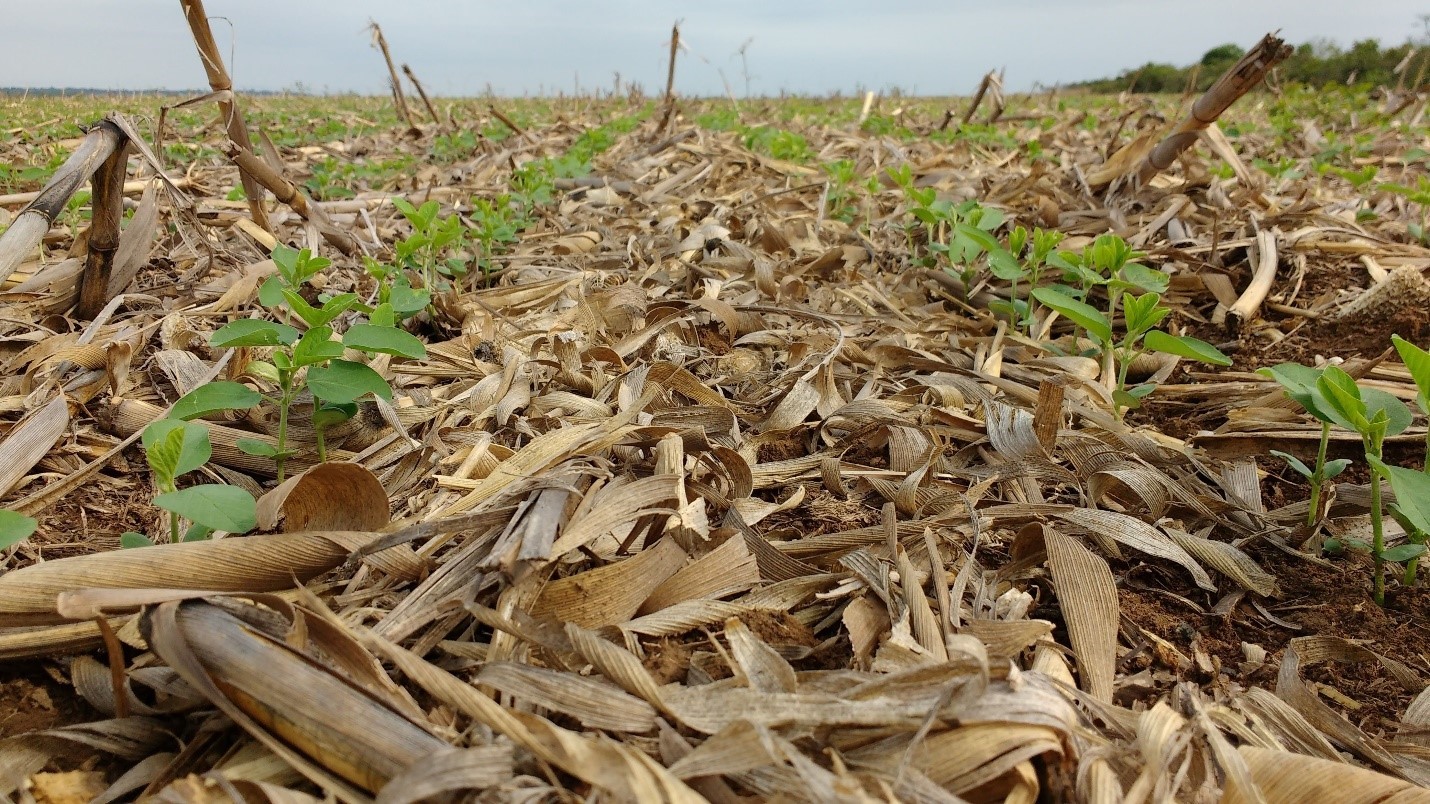
Researchers from the University of São Paulo and collaborators conducted a comprehensive review of the available literature on the subject, which included more than 13,000 articles.
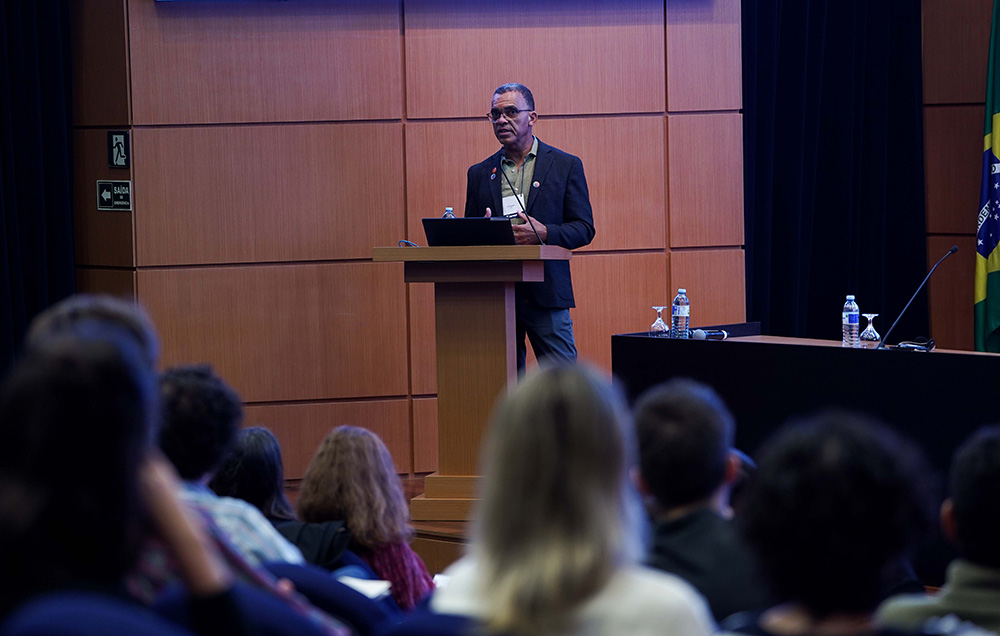
The topic was discussed by Kenyan marine ecologist David Obura, chairman of the Intergovernmental Platform on Biodiversity and Ecosystem Services, and Brazilian researchers during the 3rd FAPESP 2025 Conference.
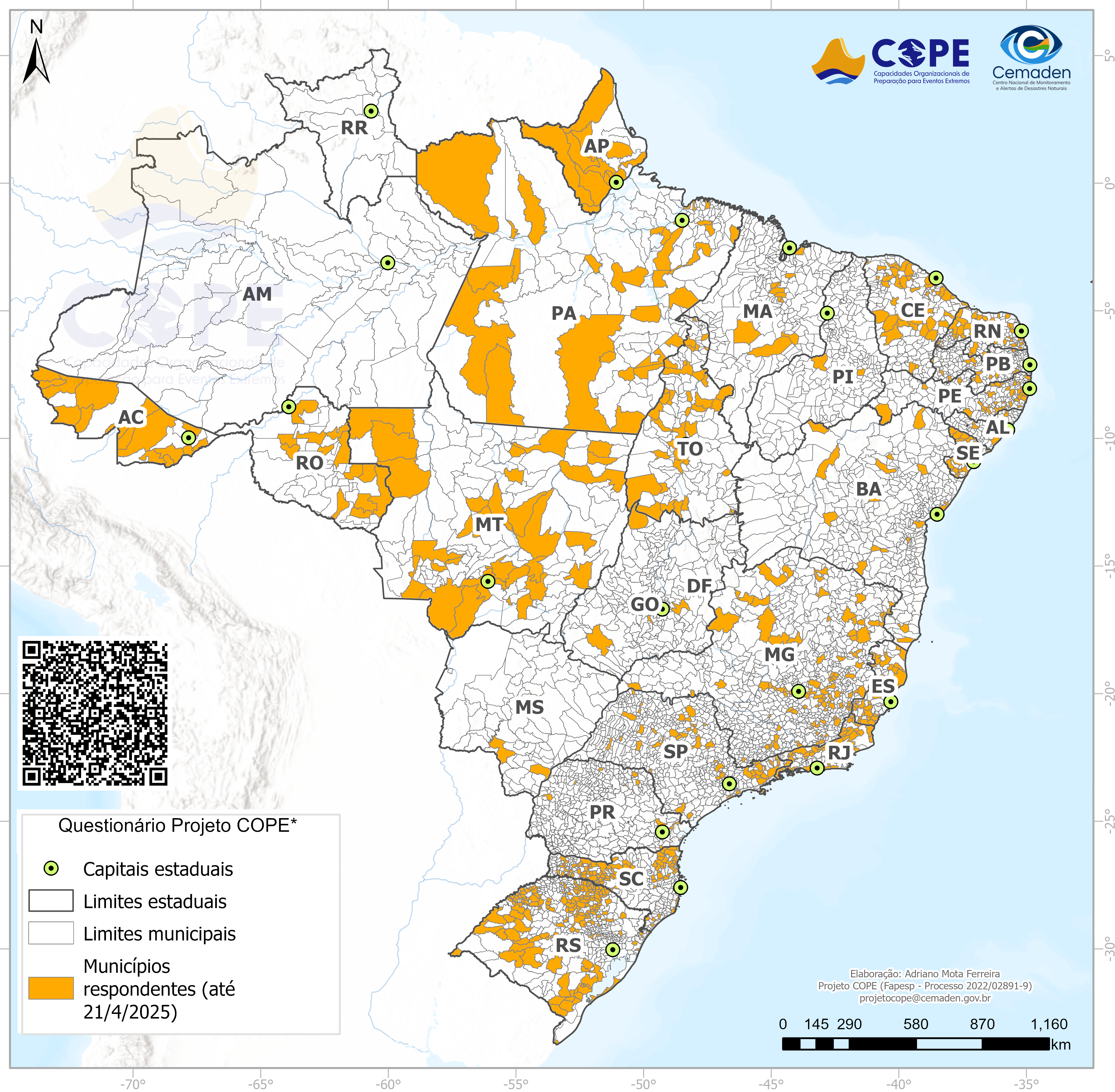
Research proposes action fronts to increase the organizational capacity of these units in municipalities; expanded coordination with other areas is one of the next steps for the sector.
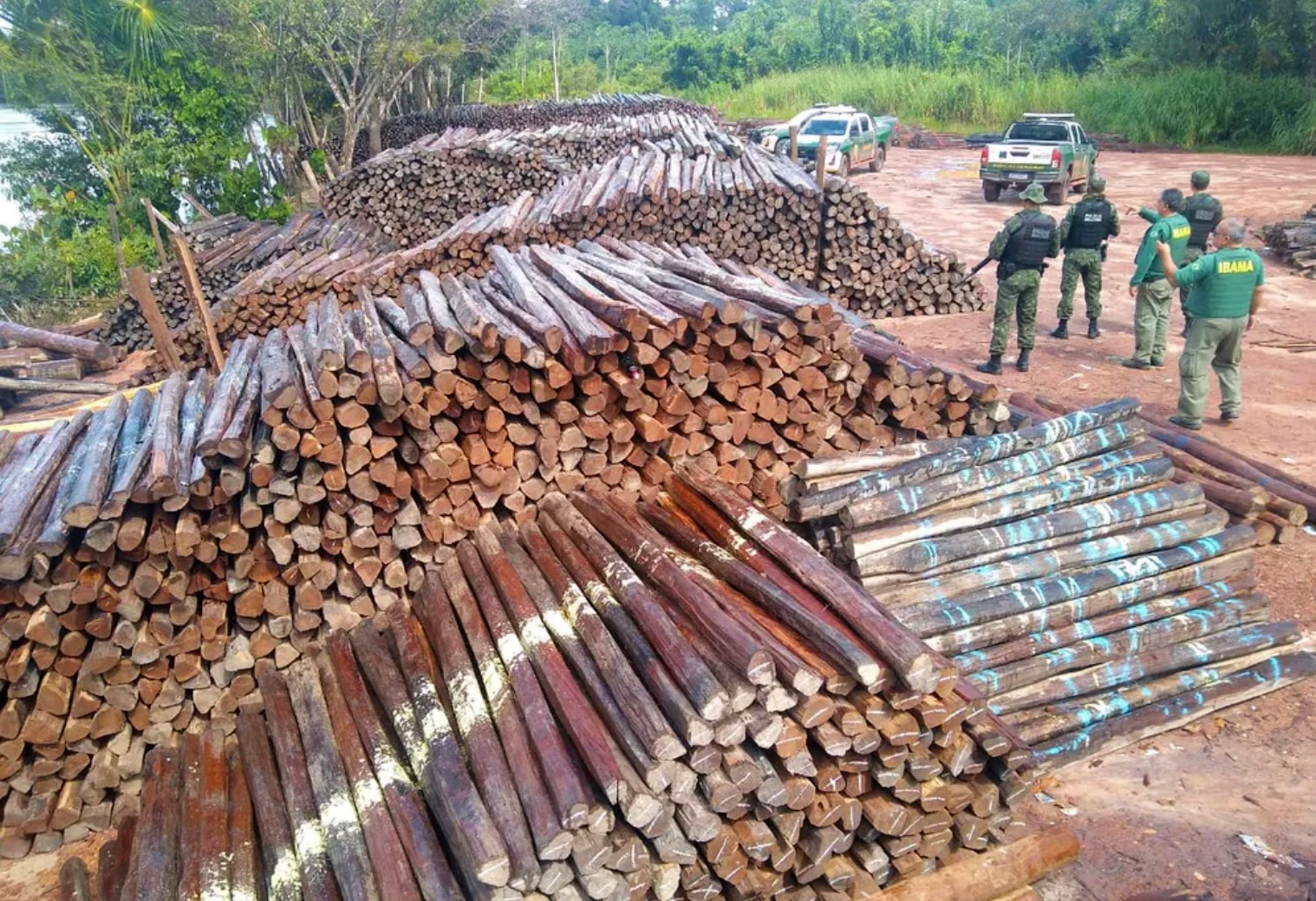
Solution developed at the Center for Research in Mathematical Sciences Applied to Industry is based on the analysis of the timber trade network.
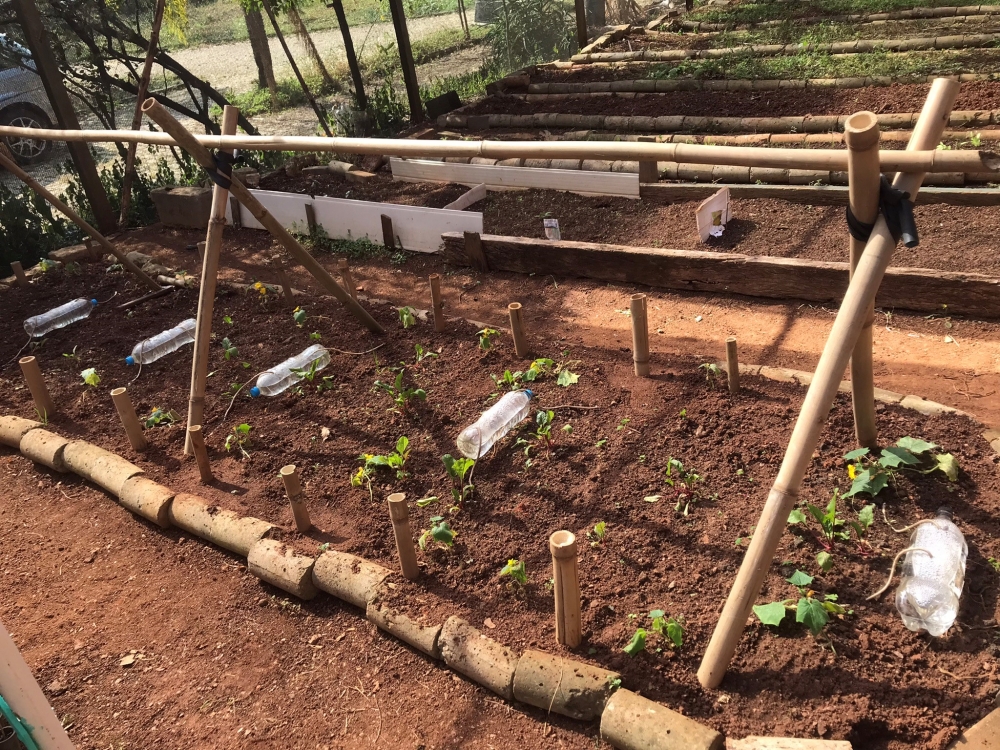
With the support of FAPESP, Santa Food Tech has developed a model to transform urban areas into laboratories of sustainability; the initiative is already implemented in four micro-regions of the state capital and in Guarulhos.
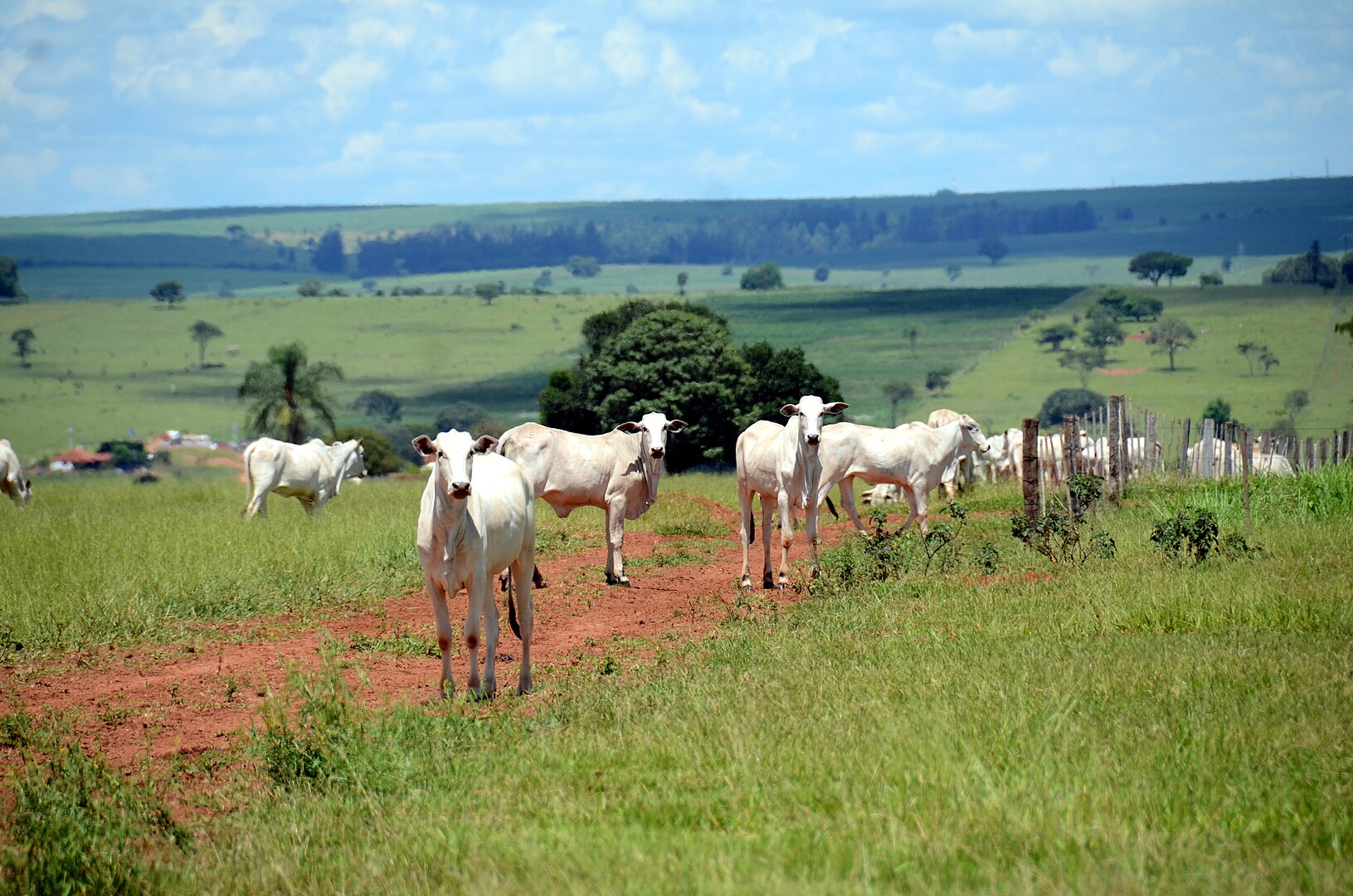
In an article published in Environmental Science and Pollution Research, researchers from the Federal University of São Paulo discuss the need for the production chain to adopt emission reduction practices.
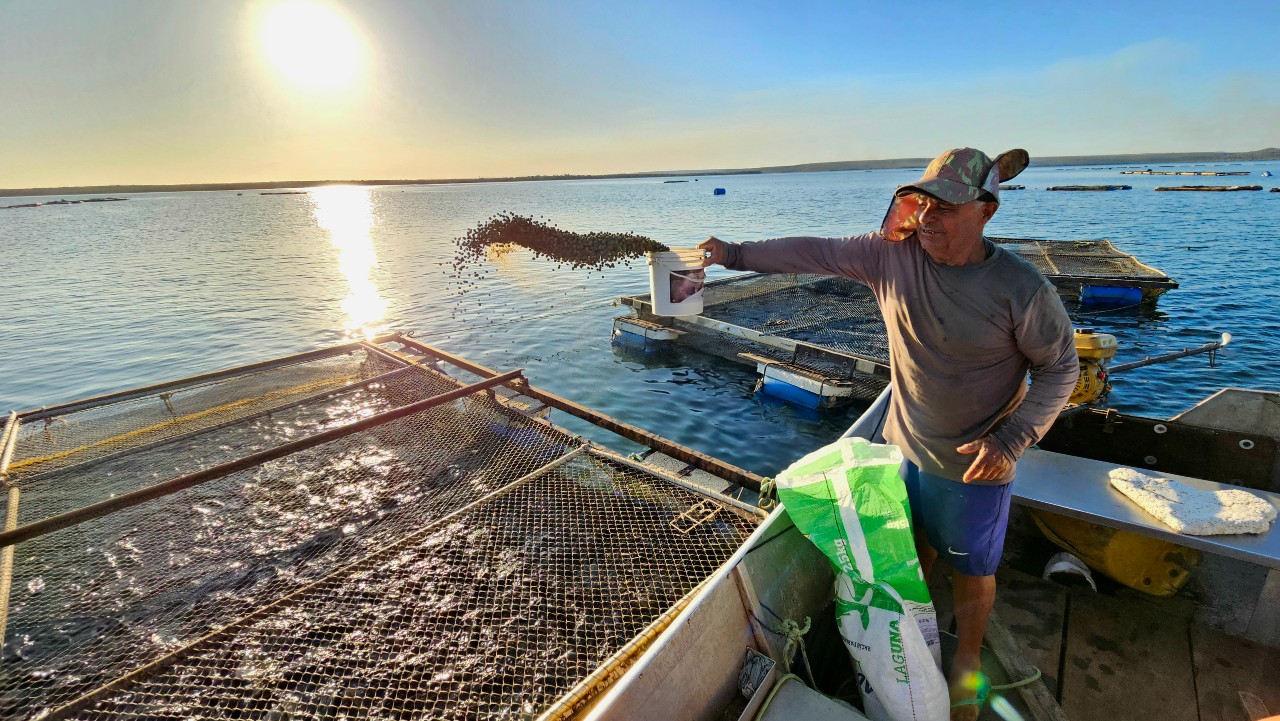
In an article in Nature Sustainability, researchers from Brazil and the United States point out the advantages of fish farming over livestock farming, but warn of the need for stricter environmental regulations to prevent the activity from becoming an additional pressure on the biome.
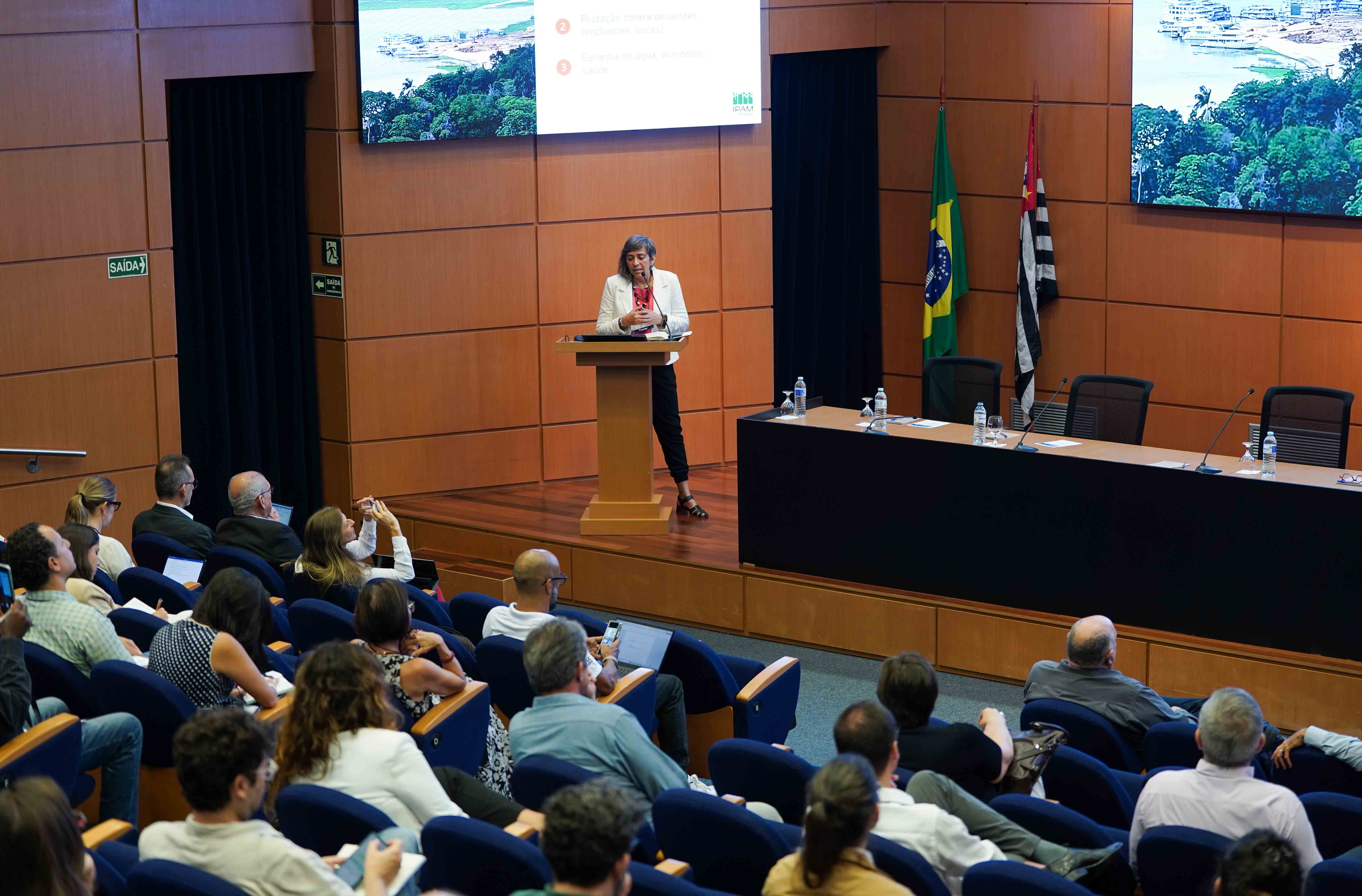
The topic was discussed during the first event of the FAPESP Conferences 2025 series, with guest speaker Ane Alencar, Director of Science at the Amazon Environmental Research Institute.
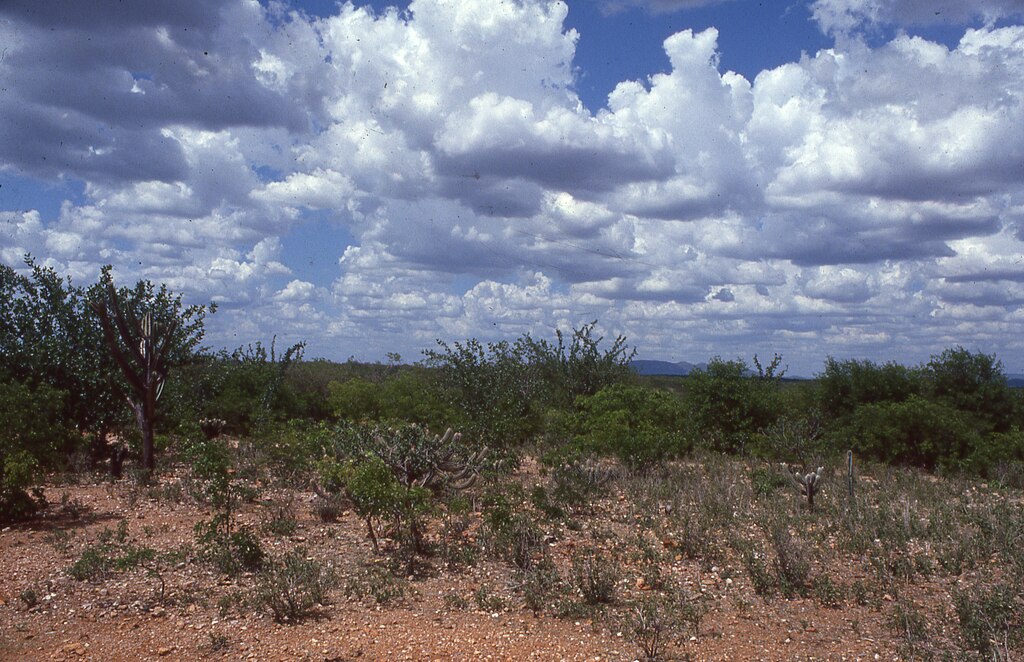
Study carried out in Brazil’s semi-arid biome found that removing animals did not lead to significant improvements, even after three years of spontaneous soil recovery. Researchers suggest complementary measures such as green manure and strategic tree planting.
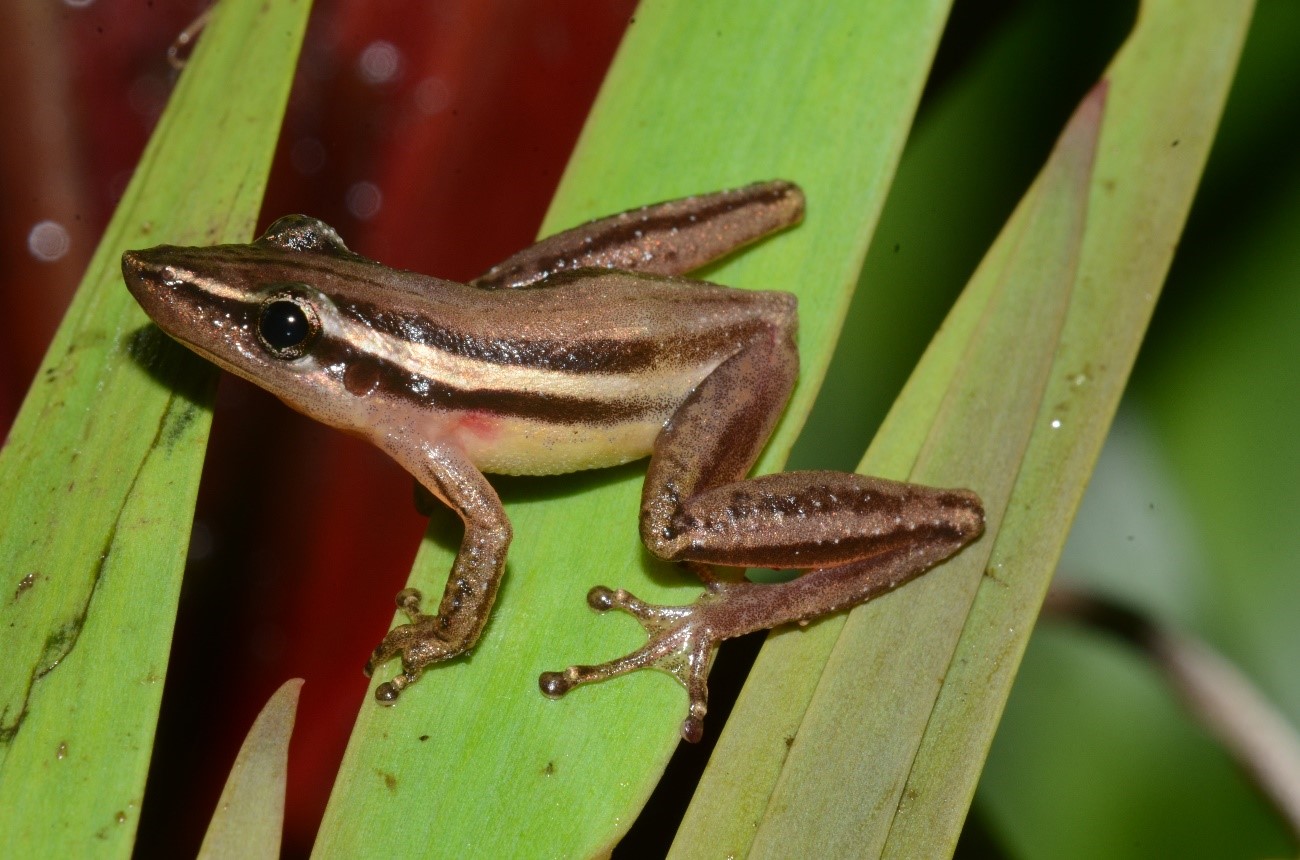
A study by Brazilian and Swiss researchers predicts that even in an optimistic greenhouse gas emissions scenario, 99% of the area of the Upper Paraguay River Basin will be lost.

Study published in Nature reveals mechanism by which isoprene, a gas emitted by vegetation, produces large quantities of aerosols responsible for forming condensation nuclei; process may have an influence on global climate.
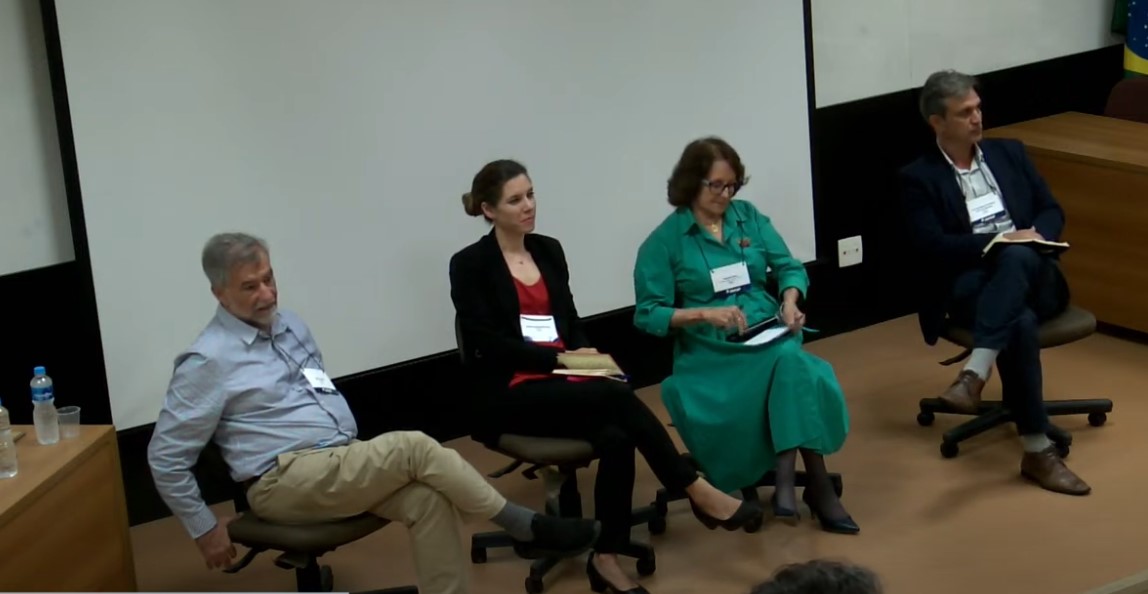
Experts point to delays in meeting Paris Agreement targets and warn: without urgent action, the world could become up to 4.3 °C warmer.
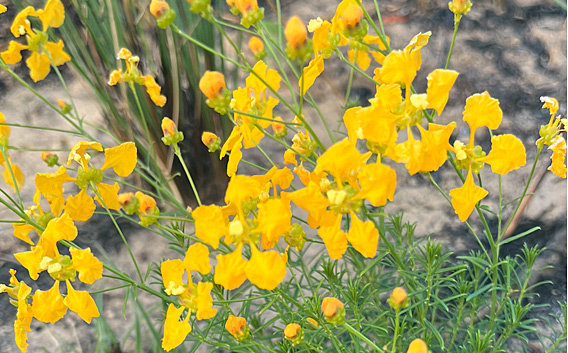
Less studied than grasses and trees, these plant species are of enormous importance to the Brazilian savannah biome in terms of biodiversity, carbon storage, regeneration after disturbance, and the provision of ecosystem services such as food and medicine.
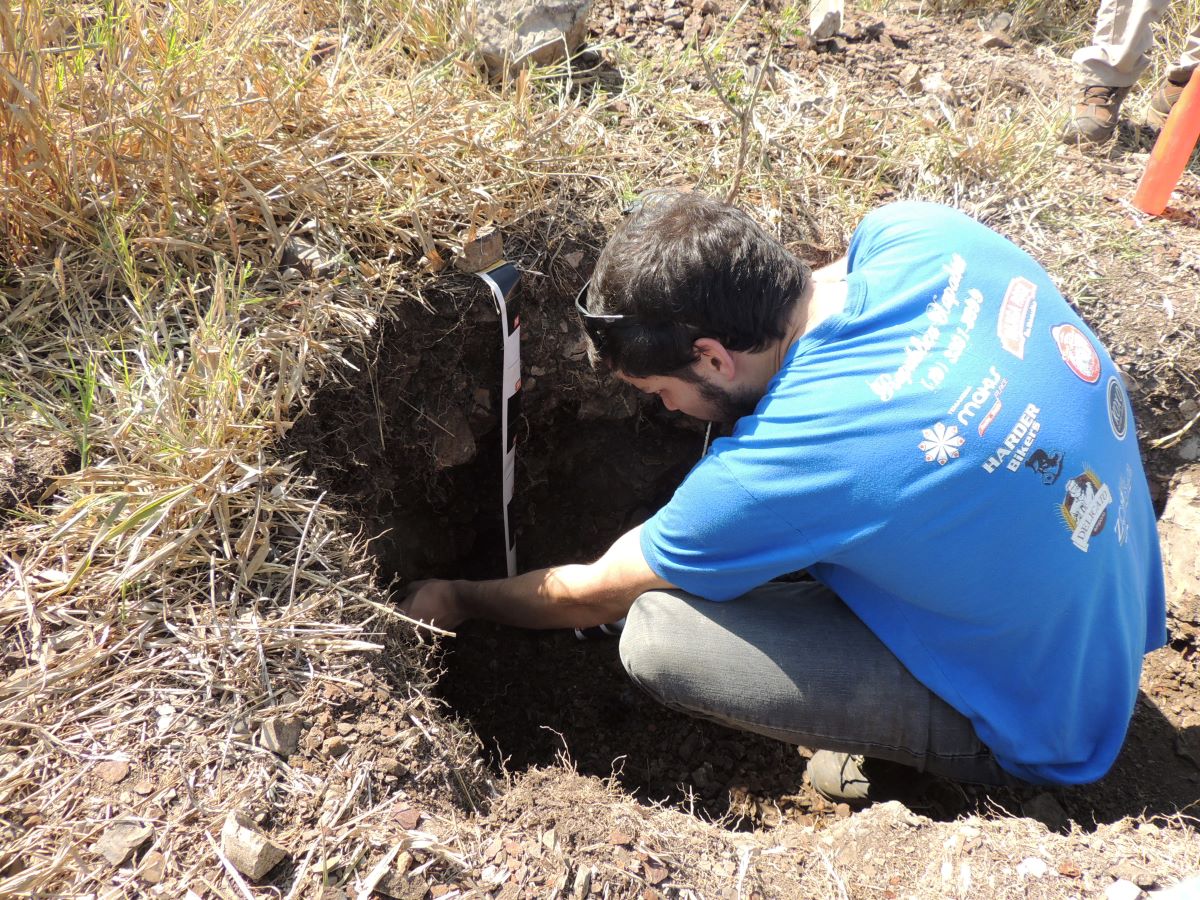
Using a technique from the oil industry, researchers show that chemical bonds with calcium and magnesium increase the soil’s capacity to store carbon, reducing emissions and increasing fertility; the process contributes to sustainable management.
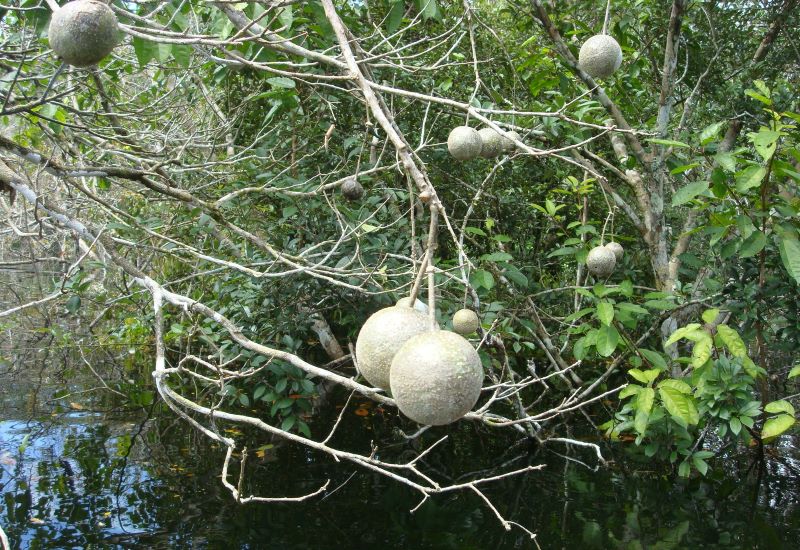
The estimate, published in the journal Nature, is that 2.24% of tree species in the Amazon, Africa and Southeast Asia account for 50% of the 800 billion trees in the tropical biome. Listing the hyperdominant species, as they are called, helps scientists more accurately measure processes such as carbon storage.
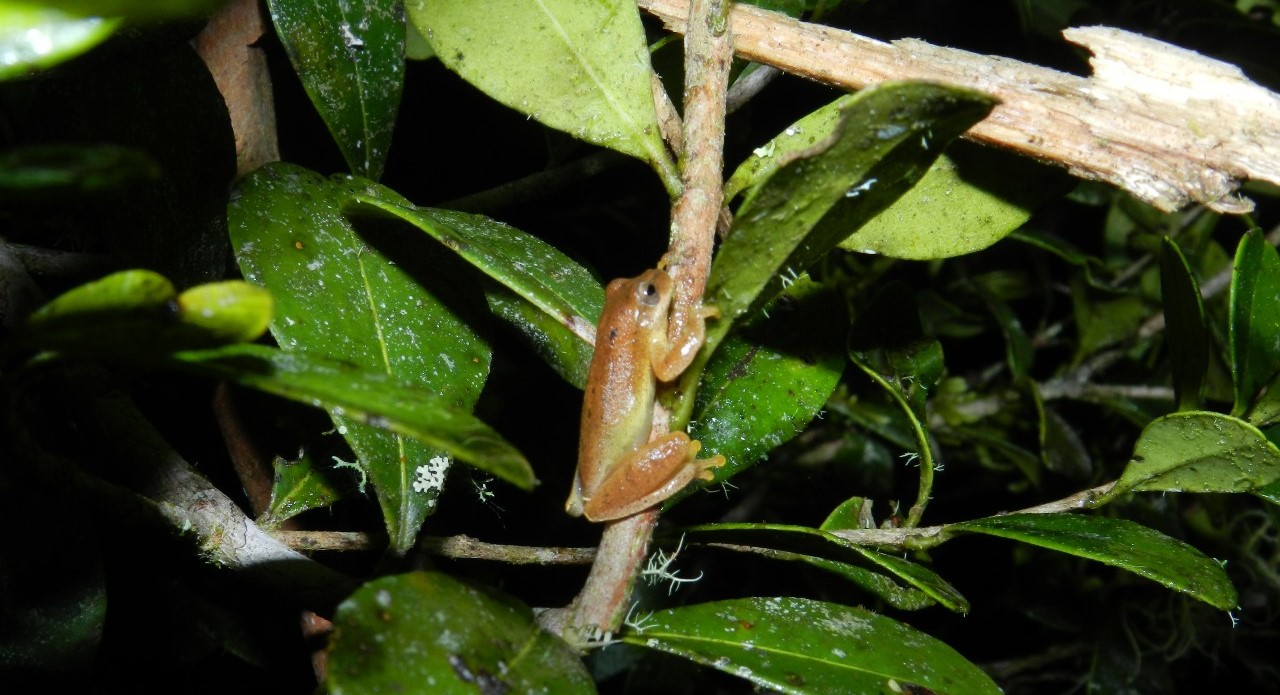
A study published in Nature Climate Change predicts that 36% of anurans’ habitats worldwide will soon be threatened by a combination of rising temperatures and water scarcity. Brazil has the greatest diversity of anurans in the world and some of the most vulnerable anuran habitats.
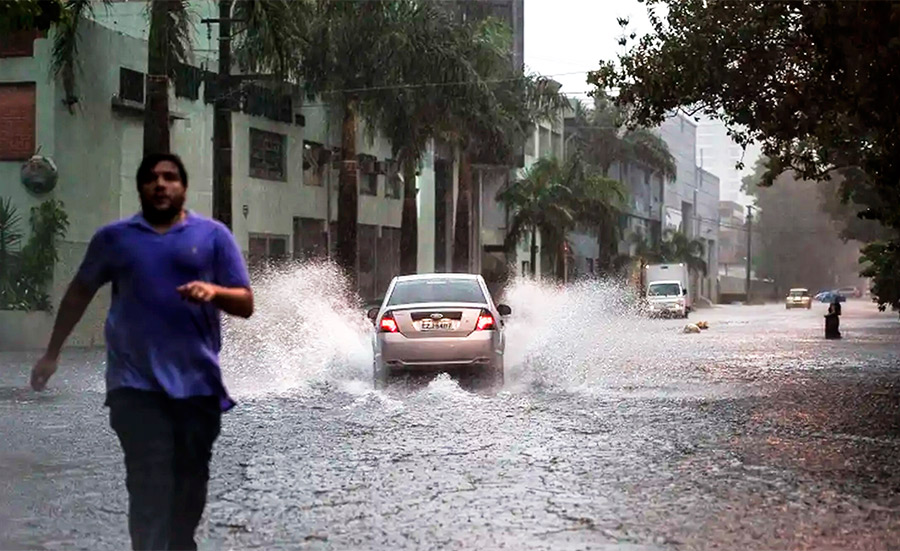
Research carried out at the Carbon Neutral Cities CCD, launched by FAPESP and the Technological Research Institute, will develop and apply technologies inspired by nature to increase urban resilience and mitigate greenhouse gas emissions.

Researchers from the University of São Paulo (USP) and collaborators analyzed samples from mining areas in four Brazilian biomes, including the Amazon.
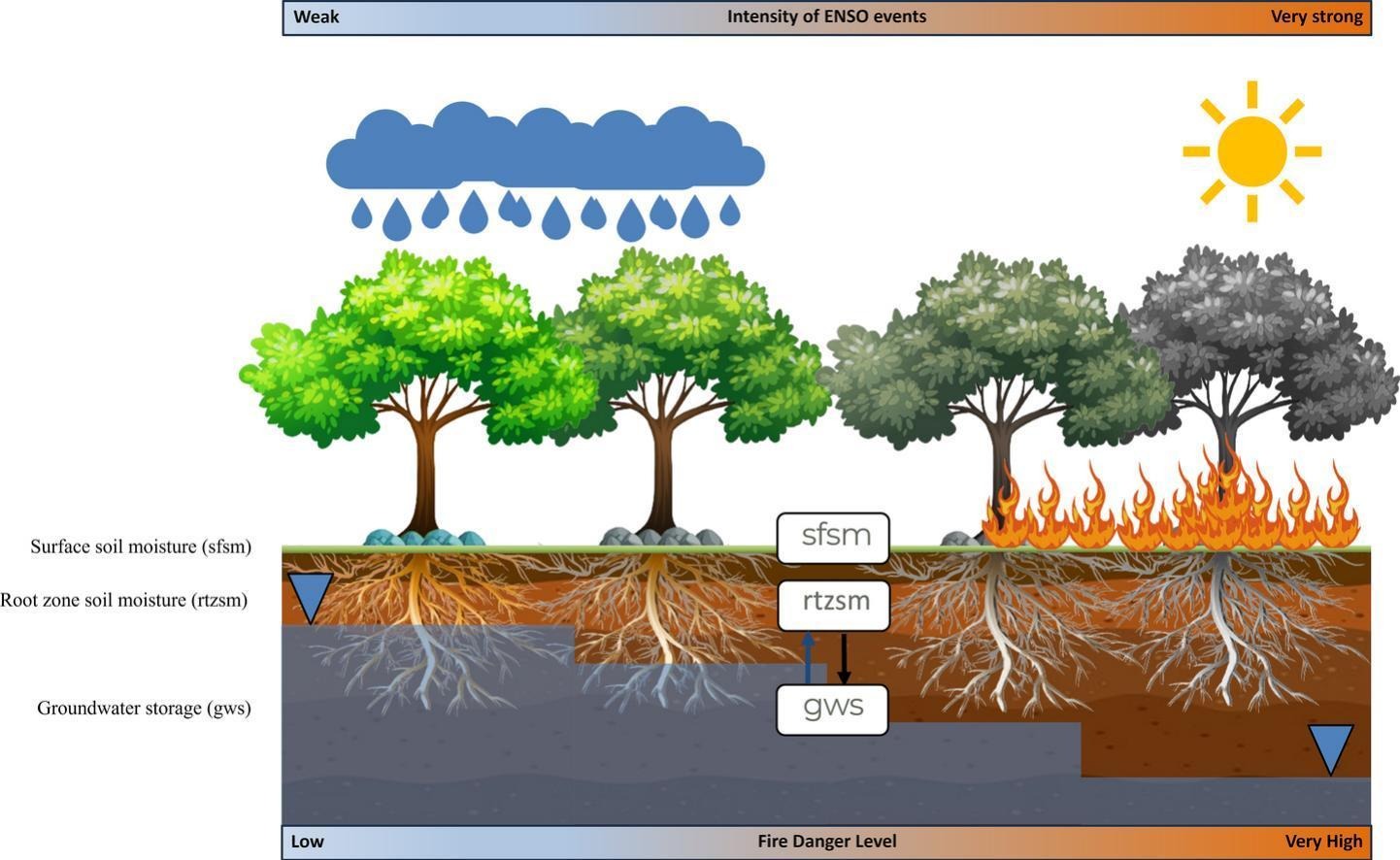
Researchers have been able to demonstrate a link between the climatic phenomenon and the propensity for fires, creating a tool that could help with future prevention efforts.
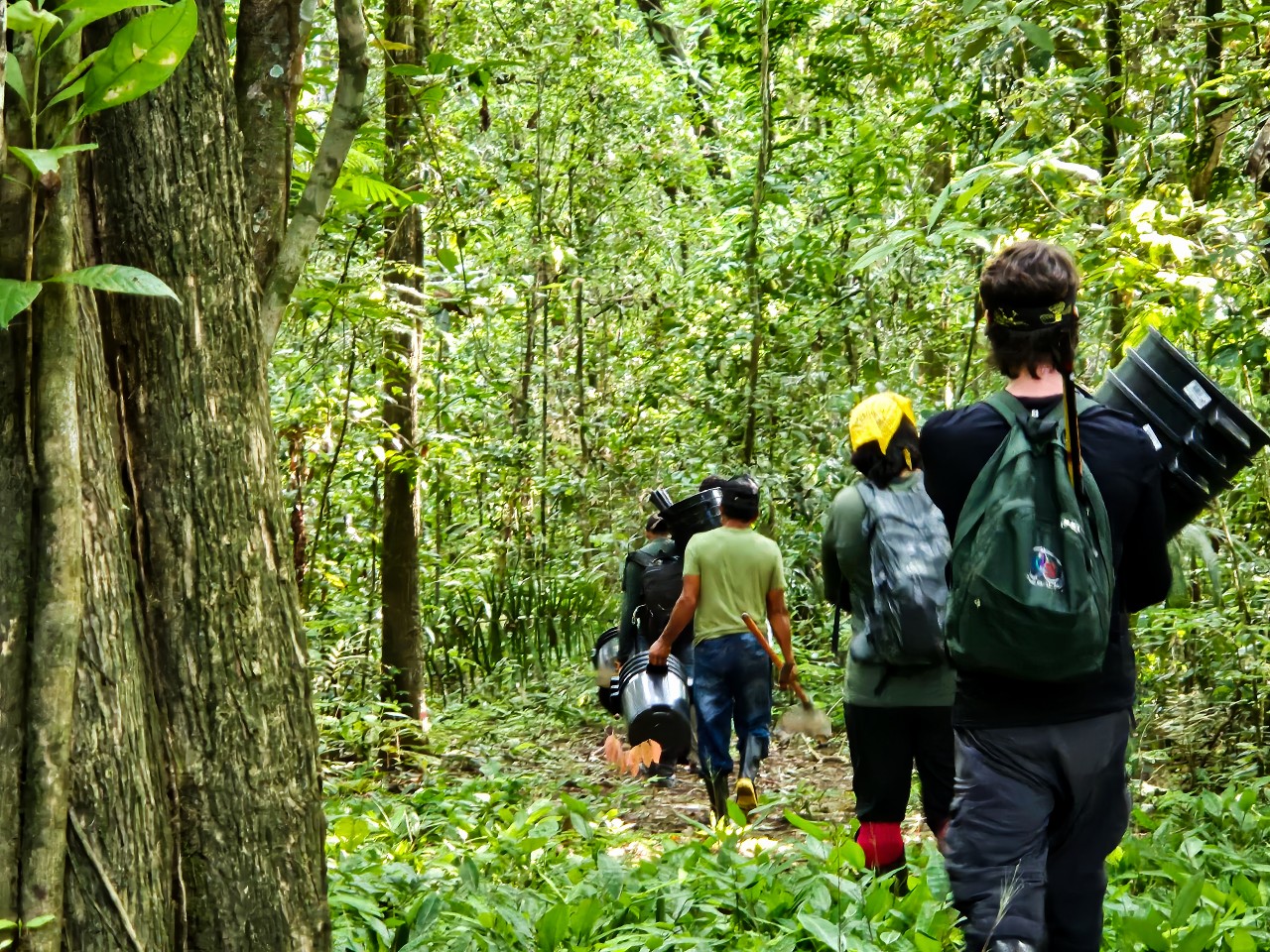
An expedition to the Maracá Ecological Station, about 130 kilometers from the capital Boa Vista, collected more than 400 specimens to study how these animals are coping with the temperature increases predicted for the coming decades. The work is part of the Amazon+10 Initiative.
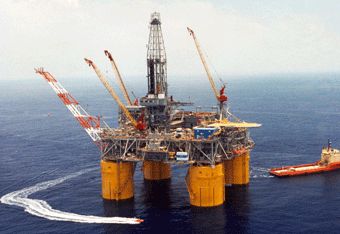
Using a mathematical model, researchers at the Research Center for Greenhouse Gas Innovation demonstrated a potential reduction of more than 15% in polluting gases.
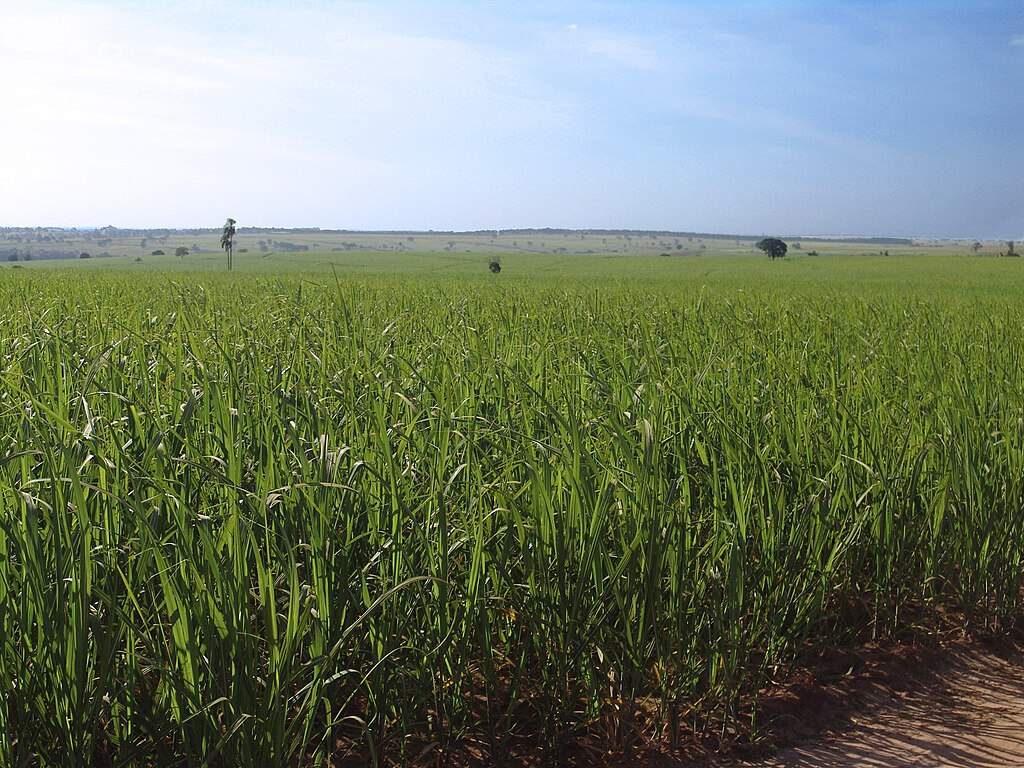
The use of biofuels in Brazil and other developing countries can avoid some 400 million metric tons of greenhouse gas emissions from the transportation sector by 2030, according to a report produced by an International Energy Agency task force led by researchers affiliated with the FAPESP Bioenergy Research Program.
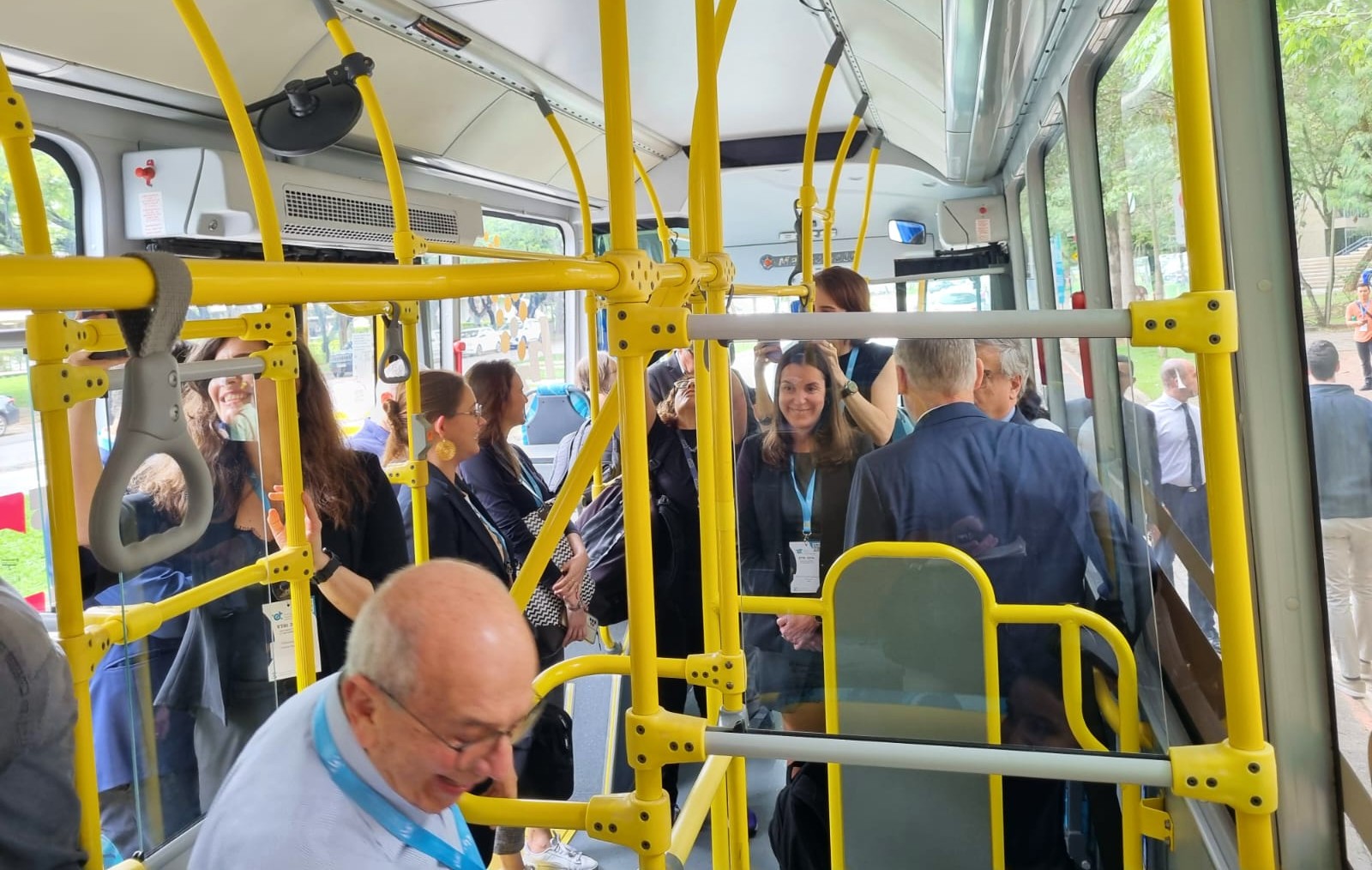
The fuel produced at the experimental station will power three city buses that will circulate around the university campus, as well as a bus that can drive 450 Km on a to and fro travel between São Paulo and Piracicaba.

International event will be held on May 3-16, 2025, at the University of São Paulo’s campus in São Carlos.
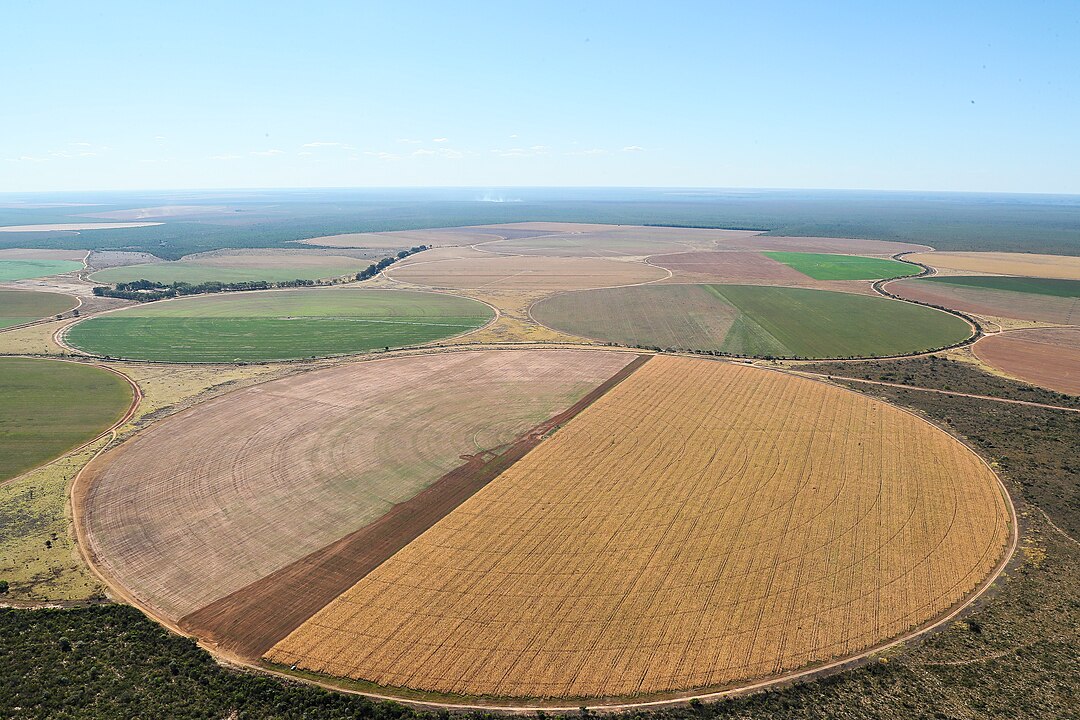
Overuse of water resources in Brazil’s main agricultural frontier region, in conjunction with climate change, is reducing replenishment of the Urucuia aquifer and surface water bodies in the basin of a tributary of the São Francisco, the largest river in the Northeast.